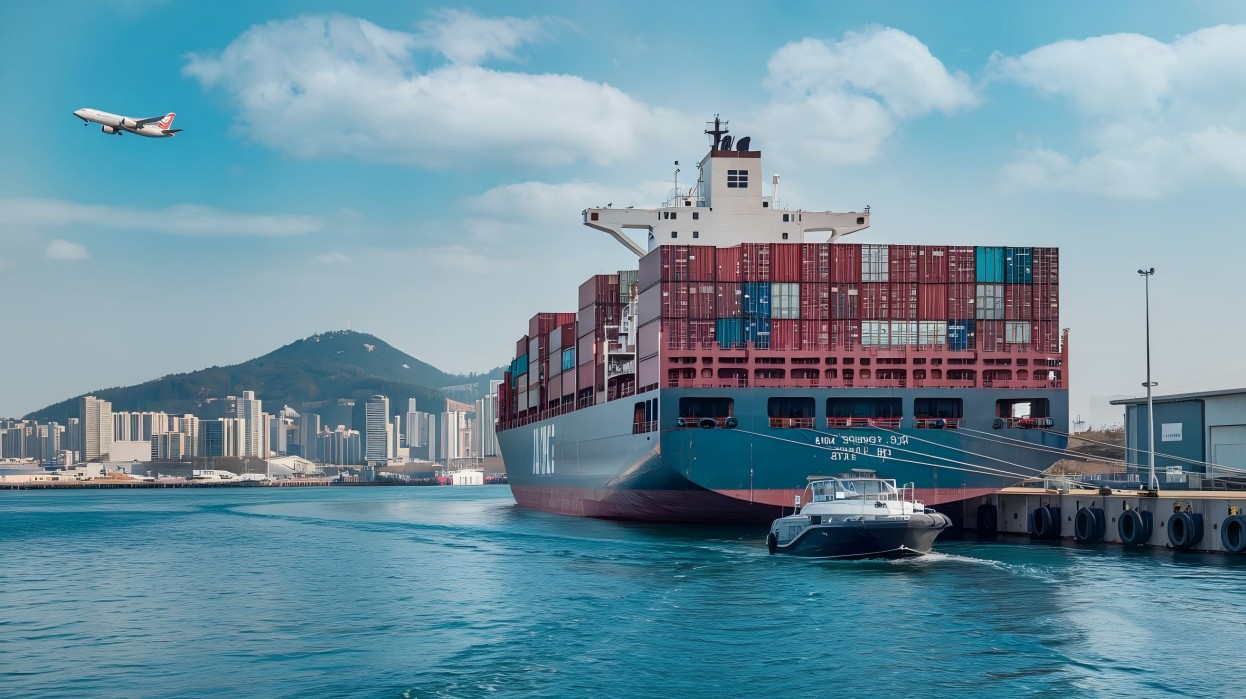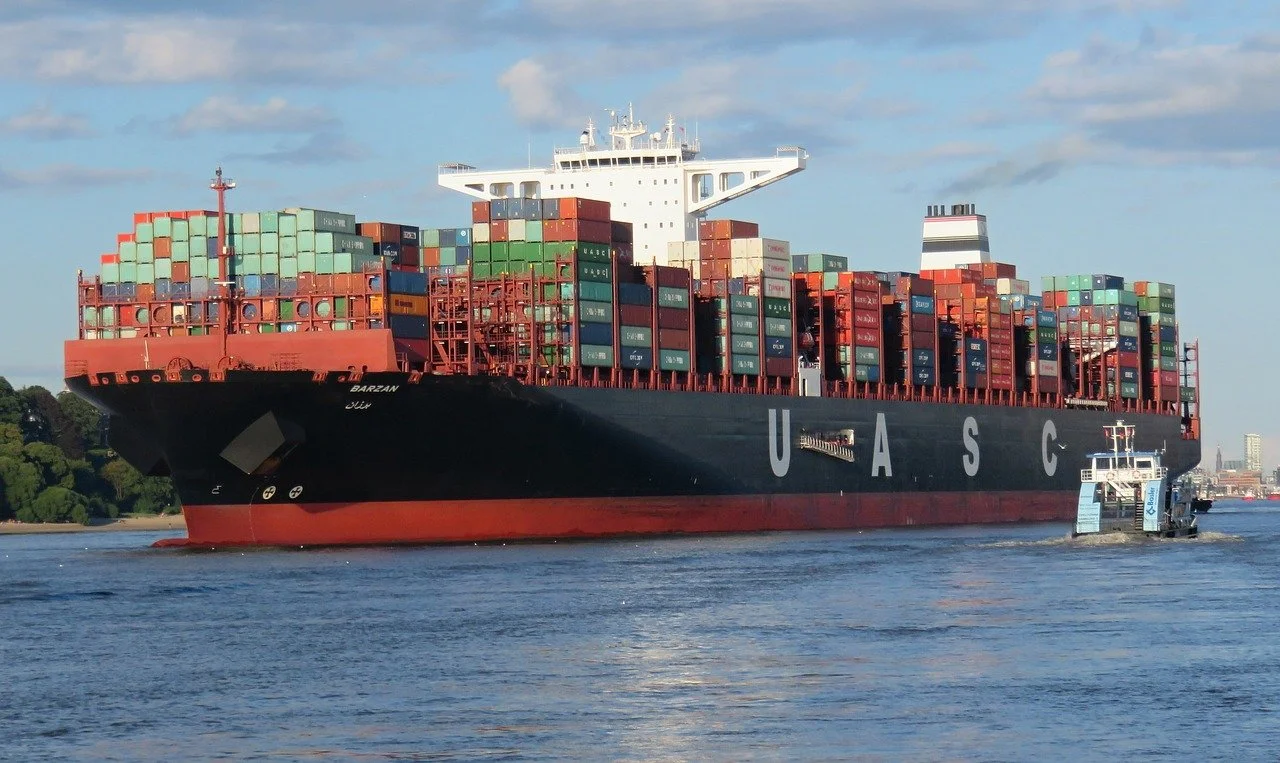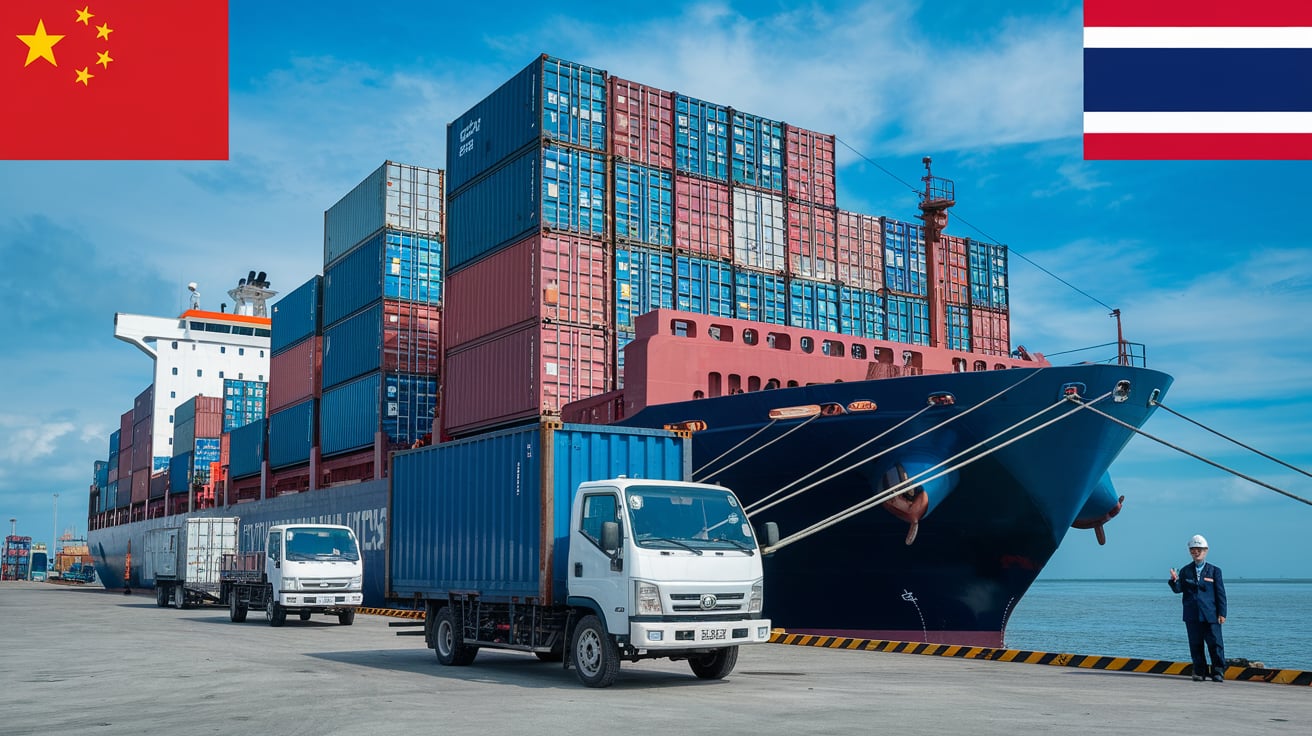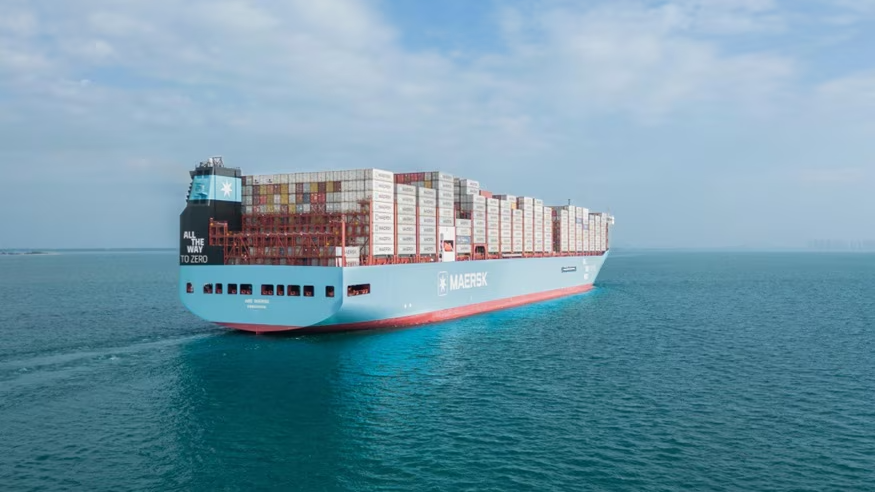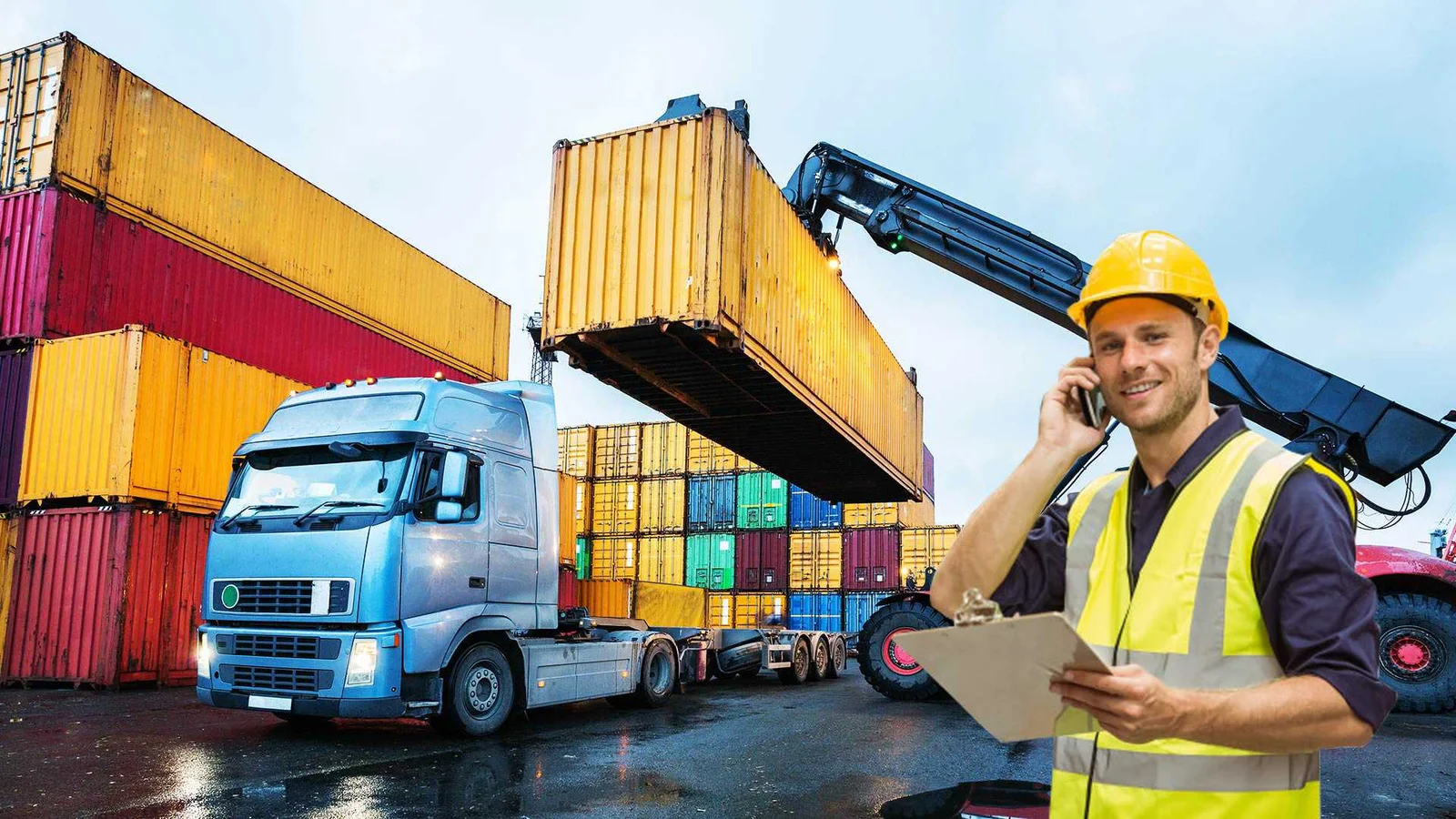Shipping from China to South Africa involves various methods, including sea freight, air freight, and express shipping. Each shipping method comes with its unique advantages, challenges, and costs. Businesses must carefully evaluate these options based on their specific needs, priorities, and budget constraints. Additionally, factors such as seasonal fluctuations, customs duties, and shipping insurance can significantly impact overall expenses and operational efficiency.
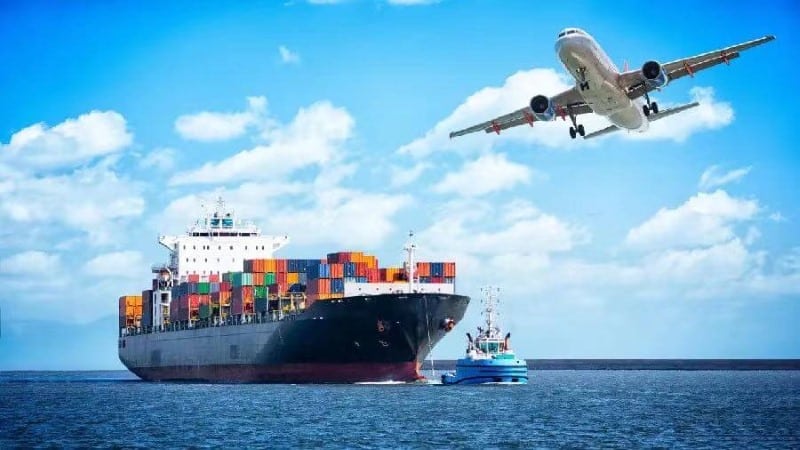
This comprehensive guide aims to illuminate the shipping process from China to South Africa, providing insights into various shipping methods, cost comparison, tracking options, and the importance of insurance. Moreover, it emphasizes best practices for reducing shipping costs and navigating the complexities of customs clearance and documentation. By equipping businesses with this essential knowledge, we aim to empower them to make informed decisions that enhance their import operations.
Shipping Methods from China to South Africa
When considering importing goods from China to South Africa, understanding the various shipping methods available is crucial for making an informed decision. There are primarily three modes of shipping: Sea Freight, Air Freight, and Express Shipping. Each method has its unique advantages and disadvantages, catering to different needs and requirements.
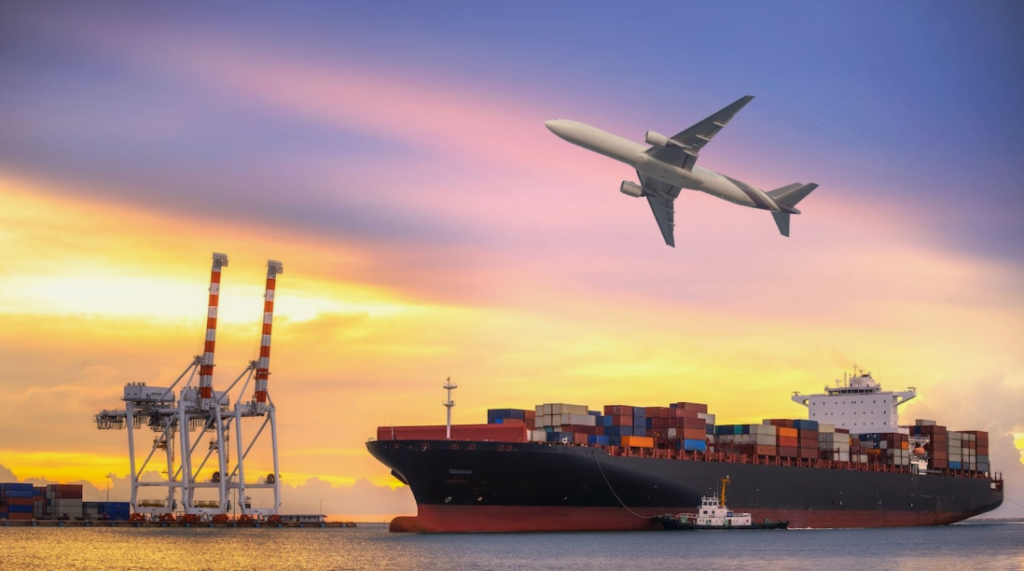
1 Sea Freight
Shipping by sea is often the most cost-effective option for transporting large volumes of goods. It is especially viable for businesses that prioritize budget over speed. In this section, we will explore two main categories of sea freight: Full Container Load (FCL) and Less than Container Load (LCL).
1.1 FCL (Full Container Load)
FCL is ideal for larger shipments that can fill an entire container. This option usually offers a more economical rate per unit of cargo, resulting in lower overall costs when shipping substantial quantities. FCL shipping also allows for greater security and fewer handling risks, making it a preferred choice for businesses looking to maintain the integrity of their goods.
1.2 LCL (Less than Container Load)
On the other hand, LCL is more suitable for smaller shipments that do not require a full container. This method allows importers to share container space with others, thus reducing costs. However, LCL can result in longer transit times as the shipment may need to wait for other cargo to fill the container. It’s important to weigh the cost savings against the potential delays when selecting LCL shipping.
2 Air Freight
Air freight provides a fast and reliable means of transporting goods over long distances. While it may be more expensive than sea freight, it is a preferred option for time-sensitive shipments.
2.1 Advantages and Disadvantages
The primary advantage of air freight is speed; goods can reach their destination in a matter of days instead of weeks. However, air freight can be significantly more costly, especially for heavier shipments. Additionally, weight restrictions may apply, making it less suitable for bulky items.
2.2 When to Choose Air Freight
Choosing air freight is ideal when time is of the essence. Businesses that need to replenish stock quickly or respond to market demands should consider air freight despite the higher costs. It is also beneficial for shipping high-value items that require quick delivery times.
3 Express Shipping
Express shipping is another fast option, often utilized for urgent shipments or small packages.
3.1 Overview of Express Services
Express services are offered by various logistics companies and promise quick delivery times, usually within a few days. This method is particularly suited for e-commerce businesses or those needing to fulfill quick orders.
3.2 Best Use Cases for Express Shipping
Express shipping is best used for urgent orders, time-sensitive documents, or perishable goods. It is also advantageous for businesses that require consistent and reliable delivery schedules, ensuring products reach customers promptly.
READ MORE:
- Shipping From China to the United States
- Shipping From China TO Canada
- Shipping From China TO Mexico
- Shipping From China to Panama
- Shipping From China to Costa Rica
- Shipping From China to Brazil
- Shipping From China TO Colombia
- Shipping From China to Jamaica
- Shipping From China to Venezuela
Factors Affecting Shipping Costs
Several factors can significantly impact the overall shipping costs when importing goods from China to South Africa. Understanding these factors is essential for budgeting and choosing the right shipping method.
1 Distance
The distance between the shipping origin and destination plays a pivotal role in determining shipping costs. Greater distances typically result in higher freight rates, especially for sea freight, where fuel costs and transit times are directly related to distance.
2 Shipping Method
Different shipping methods come with varying price tags. For instance, while sea freight may be cheaper for bulk shipments, air freight may incur significantly higher costs due to its speed. It’s essential to analyze your shipping needs and budget to choose the most cost-effective method.
3 Weight and Volume of Goods
The weight and volume of the goods being shipped are critical factors in determining shipping costs. Dimensional weight, which considers both the physical space a package occupies and its actual weight, can lead to higher charges if the dimensional weight exceeds the actual weight.
4 Customs Duties and Taxes
Importing goods into South Africa may attract various customs duties and taxes based on the type and value of the goods. It’s crucial to factor these fees into your shipping budget to avoid unexpected expenses upon arrival.
5 Seasonal Fluctuations
Shipping costs can fluctuate based on seasonal demand. For instance, peak seasons, such as holidays, often see increased shipping rates due to higher demand for logistics services. It’s beneficial to plan shipments around these fluctuations for better cost management.
At Dantful International Logistics, we provide a comprehensive range of shipping services, including Ocean Freight and Air Freight, tailored to meet your unique needs. Contact us today to find out how we can assist you with your shipping requirements!
Comparison of Shipping Rates
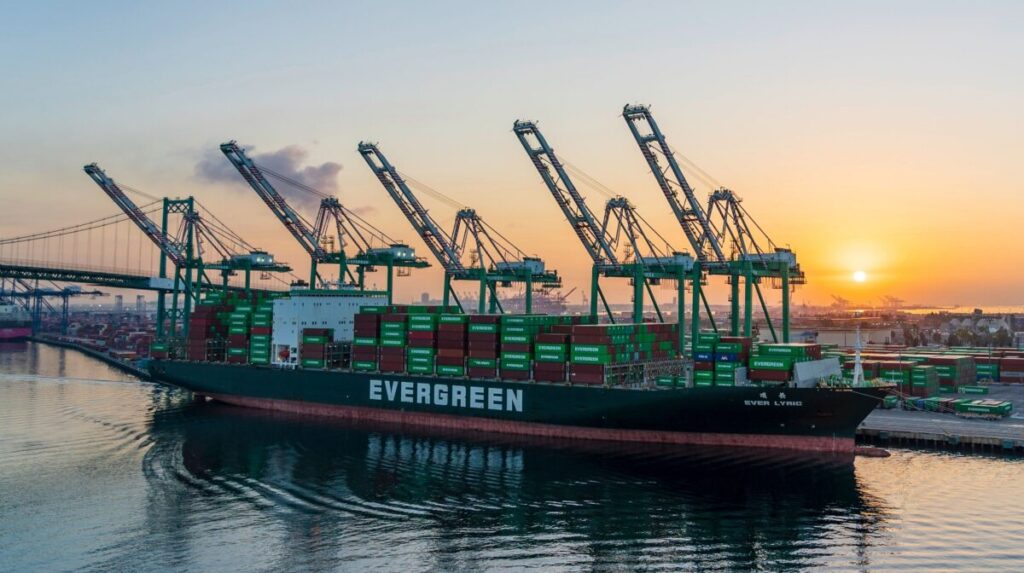
When importing goods from China to South Africa, understanding the various shipping rates is crucial for making informed decisions. Different shipping methods vary significantly in terms of cost, and selecting the right option can have a substantial impact on your overall budget. Below is a detailed comparison of shipping rates for Sea Freight, Air Freight, and Express Shipping.
1 Sea Freight Rates
Sea freight is often the most economical choice for transporting large volumes of goods. The costs associated with sea freight can be categorized into two main types: Full Container Load (FCL) and Less than Container Load (LCL).
1.1 Typical Costs for FCL and LCL
- Full Container Load (FCL): The typical cost for FCL shipping can range from $1,000 to $3,000 per container, depending on the shipping line, route, and current market conditions. This option is beneficial for businesses that can fill an entire container, as the cost per unit decreases significantly compared to LCL shipping.
- Less than Container Load (LCL): LCL shipping costs are generally calculated based on the volume of cargo measured in cubic meters. Rates typically range from $50 to $150 per cubic meter. While LCL can be cost-effective for smaller shipments, it may result in higher costs per unit due to additional handling and longer transit times.
2 Air Freight Rates
Air freight is the fastest shipping method and is often chosen for time-sensitive shipments. However, it comes with a higher price tag compared to sea freight.
2.1 Average Pricing for Air Shipments
The average cost for air freight can vary widely based on several factors, including weight, dimensions, and urgency. Generally, air freight rates range from $5 to $12 per kilogram. For smaller shipments, the minimum charge may be approximately $100 to $300, depending on the airline and specific services offered. It’s important to consider these rates, especially for high-value or urgent shipments, as they can add up quickly.
3 Express Shipping Rates
Express shipping is designed for urgent deliveries and typically provides the fastest transit times. However, this speed comes at a premium cost.
3.1 Cost Analysis of Express Services
Express shipping rates can range significantly based on the carrier, size and weight of the package, and delivery speed. Typical prices for express shipping from China to South Africa might range from $25 to $100 for packages weighing up to 1 kilogram. For larger packages, rates can escalate, with costs potentially reaching $500 or more for heavier shipments. It’s crucial for businesses to evaluate their shipping needs against these costs to determine if express shipping is the right choice.
Importance of Choosing the Right Shipping Company
Selecting the right shipping company is vital for ensuring that your goods arrive safely, on time, and within budget. A reliable logistics partner can make a significant difference in your import operations from China to South Africa. Here are several reasons why this choice is crucial:
- Cost Efficiency: A knowledgeable shipping company can help you navigate various options to find the most cost-effective solution for your shipping needs, ensuring that you do not overspend unnecessarily.
- Expertise in Customs Procedures: A reputable logistics provider, such as Dantful International Logistics, can facilitate customs clearance and help you understand the necessary documentation and regulations. This expertise can prevent delays and additional costs associated with customs issues.
- Timely Deliveries: A reliable shipping company prioritizes on-time deliveries, which is essential for maintaining your business operations and satisfying customer expectations.
- Flexibility in Services: Different businesses have varying shipping requirements. A good shipping company offers a range of services, from Ocean Freight to Air Freight, allowing you to choose the best method for your specific needs.
- Safety and Security: Protecting your goods during transit is paramount. A reputable shipping company employs best practices in packaging, handling, and tracking to ensure that your products arrive in excellent condition.
At Dantful International Logistics, we provide professional, cost-effective, and high-quality logistics services tailored to meet your needs. Contact us today to learn more about how we can assist you in navigating your shipping requirements!
Dantful International Logistics Services:
- Dantful Ocean Freight Services
- Air Freight From China
- Amazon FBA Freight Forwarding
- WAREHOUSE Services
- One-Stop Customs Clearance Solution
- Cargo Insurance Services in China
- DDP Shipping Services By Dantful Logistics
- Out of Gauge Cargo Transportation Shipping Services
Tips for Reducing Shipping Costs
Shipping costs can significantly impact your overall import expenses when bringing goods from China to South Africa. By implementing strategic practices, you can effectively reduce these costs. Below are some valuable tips to help you save money on your shipping operations.
1 Consolidation of Shipments
Consolidating shipments is a crucial strategy for minimizing shipping costs. Instead of sending multiple small shipments separately, combining them into a single larger shipment can lead to substantial savings.
1.1 Benefits of Consolidating Shipments
- Cost Savings: By consolidating shipments, you can take advantage of lower freight rates associated with larger volumes, reducing the overall cost per unit.
- Reduced Handling Fees: Fewer shipments mean fewer handling fees and administrative costs, which are often charged per shipment.
- Improved Efficiency: Consolidation can streamline the shipping process, reducing lead times and improving inventory management.
2 Choosing the Right Shipping Method
Selecting the most appropriate shipping method is essential for optimizing costs. Each method has its benefits and drawbacks, so understanding your specific needs is crucial.
2.1 How to Select the Most Cost-Effective Option
- Assess Shipment Size and Weight: For larger shipments, Ocean Freight may be more economical, while smaller, urgent items may require Air Freight despite higher costs.
- Consider Transit Times: If time is not a critical factor, opting for slower shipping methods can lead to cost reductions.
- Evaluate Carrier Options: Different carriers may offer varying rates and services for similar shipping methods. Comparing quotes can help you find the best deal.
3 Negotiating Rates with Freight Forwarders
Building a solid relationship with your freight forwarder allows for better negotiation on shipping rates. This can lead to significant savings over time.
3.1 Strategies for Effective Negotiation
- Research Market Rates: Before entering negotiations, research current market rates for your shipping needs. This information empowers you to negotiate effectively and secure the best deal.
- Be Transparent About Your Shipping Volume: Let your freight forwarder know your shipping volume and frequency. Higher volumes can lead to better pricing agreements.
- Request Discounts for Long-Term Partnerships: If you plan to work with a freight forwarder regularly, inquire about loyalty discounts or long-term contracts that could lower your rates.
4 Proper Packaging to Reduce Volumetric Weight
Proper packaging plays a significant role in reducing shipping costs, particularly concerning volumetric weight calculations.
4.1 Packaging Tips for Cost Efficiency
- Use Appropriate Packaging Materials: Opt for lightweight yet sturdy packaging materials to minimize the overall weight without compromising product protection.
- Optimize Dimensions: Ensure that your packages are appropriately sized for the goods they contain. Reducing excess space can significantly lower volumetric weight and associated shipping costs.
- Consider Flat-Rate Shipping Options: For certain weight and size categories, flat-rate shipping can be a cost-effective solution. Evaluate if your shipments qualify for such options.
Customs Clearance and Documentation

Navigating customs clearance and ensuring proper documentation is essential for a smooth shipping process when importing goods into South Africa.
1 Required Documents
Understanding the necessary documentation can prevent delays and additional costs associated with customs clearance.
1.1 List of Essential Shipping Documents
- Commercial Invoice: A detailed list of goods, their value, and terms of sale.
- Packing List: An itemized list of the contents within the shipment, including weights and dimensions.
- Bill of Lading: A contract between the shipper and carrier, outlining the details of the shipment.
- Import Permit: Required for certain regulated goods entering South Africa.
- Customs Declaration: A submission to customs authorities detailing the contents and value of the shipment.
2 Customs Procedures in South Africa
Navigating the customs process can be complex, but understanding the steps involved can help ease the process.
2.1 Step-by-Step Customs Process
- Documentation Submission: Submit all required documents, including the commercial invoice, packing list, and bill of lading.
- Customs Inspection: Goods may be inspected by customs officials to ensure compliance with South African regulations.
- Payment of Duties and Taxes: Calculate and pay any applicable customs duties and taxes associated with your shipment.
- Release of Goods: Once all requirements are met and payments are made, customs will release your shipment for delivery.
3 Importance of Working with Experienced Freight Forwarders
Partnering with an experienced freight forwarder can greatly enhance your shipping experience and streamline customs clearance.
3.1 Benefits of Professional Assistance
- Expert Knowledge: Experienced freight forwarders understand the complexities of international shipping and customs regulations, ensuring compliance and efficient processing.
- Time Savings: Delegating customs clearance and documentation to professionals saves you time and allows you to focus on other aspects of your business.
- Problem Resolution: In case of any issues, such as delays or disputes, knowledgeable freight forwarders can quickly resolve problems, minimizing disruptions to your operations.
In conclusion, implementing these tips for reducing shipping costs can lead to significant savings when importing goods from China to South Africa. Additionally, understanding customs clearance procedures and working with experienced freight forwarders, like Dantful International Logistics, can enhance your shipping process. We offer comprehensive logistics services to help you navigate the complexities of international shipping effectively. Contact us today to learn more about how we can assist you!
Tracking and Insurance
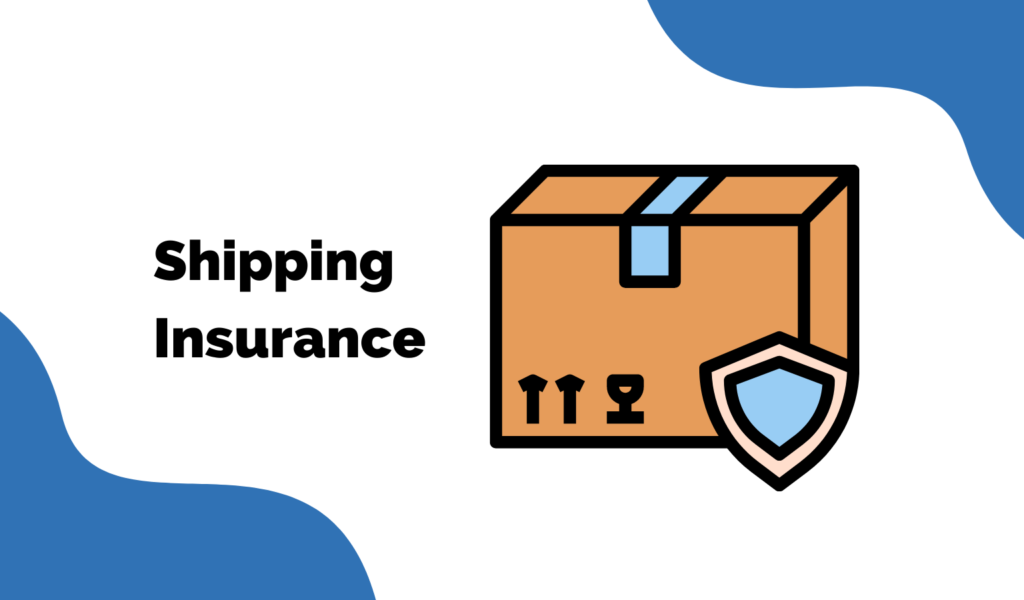
Tracking your shipments and ensuring their insurance coverage are critical aspects of the shipping process. These components not only provide peace of mind but also enhance the overall efficiency of your logistics operations. Below, we will explore tracking options offered by affordable shipping companies and emphasize the importance of cargo insurance.
1 Tracking Options Offered by Cheap Shipping Companies
Most shipping companies today offer comprehensive tracking options to help you monitor your cargo’s journey from its point of origin to its final destination.
How to Track Your Shipment:
- Online Tracking Systems: Most shipping companies provide an online portal where you can enter your tracking number to get real-time updates on your shipment’s status. This feature allows you to view the current location of your cargo and any transit milestones it has reached.
- Mobile Applications: Many logistics providers have dedicated mobile apps that allow you to track shipments on the go. These apps often provide push notifications for important updates, such as when your shipment is out for delivery or has been delayed.
- Customer Service Support: If you encounter any issues with online tracking, you can always reach out to customer service representatives for assistance. They can provide information about your shipment’s status and address any concerns you may have.
- Integration with E-commerce Platforms: For businesses engaged in e-commerce, many shipping companies offer integration with platforms like Shopify, WooCommerce, and others, allowing automated tracking updates to be sent to customers as well.
2 Importance of Cargo Insurance
Cargo insurance is vital for protecting your investment when shipping goods internationally. While many businesses may aim to reduce costs by skipping this coverage, doing so can expose them to significant financial risks.
Why Insurance is Essential for Shipping:
- Protection Against Loss or Damage: Cargo insurance provides coverage for your goods in the event they are lost, damaged, or destroyed during transit. This protection can save your business from incurring severe financial losses.
- Peace of Mind: Knowing that your shipments are insured allows you to focus on other critical aspects of your business without worrying about potential losses.
- Compliance and Buyer Assurance: Many buyers require that products be insured during transit, especially for high-value shipments. Having cargo insurance can help you meet these requirements and build trust with your customers.
- Legal and Customary Requirements: In certain cases, specific regulations may mandate insurance coverage for certain types of goods. Understanding these regulations and ensuring compliance can help avoid legal complications.
When shipping goods from China to South Africa, consider working with providers like Dantful International Logistics, who not only offer affordable Ocean Freight and Air Freight options but also provide comprehensive tracking and insurance services for your shipments.
FAQs
- What is the best shipping method for small businesses importing from China to South Africa?
- The best shipping method depends on the shipment size, urgency, and budget. Generally, Air Freight is suitable for time-sensitive shipments, while Sea Freight is more economical for larger volumes.
- How can I track my shipment from China to South Africa?
- You can track your shipment using the tracking number provided by your shipping company through their online portal or mobile app. You can also contact customer service for assistance.
- Is cargo insurance necessary for every shipment?
- While not legally required, cargo insurance is highly recommended, especially for high-value or fragile items. It protects against financial losses due to damage or loss during transit.
- What documents are required for customs clearance in South Africa?
- Essential documents include a commercial invoice, packing list, bill of lading, import permit (if applicable), and customs declaration.
- Can I negotiate shipping rates with my freight forwarder?
- Yes, it’s often possible to negotiate shipping rates, especially if you have a regular shipping volume. Researching market rates can help you secure better deals.
References
- “Customs Clearance Process in South Africa,” South African Revenue Service

Young Chiu is a seasoned logistics expert with over 15 years of experience in international freight forwarding and supply chain management. As CEO of Dantful International Logistics, Young is dedicated to providing valuable insights and practical advice to businesses navigating the complexities of global shipping.











